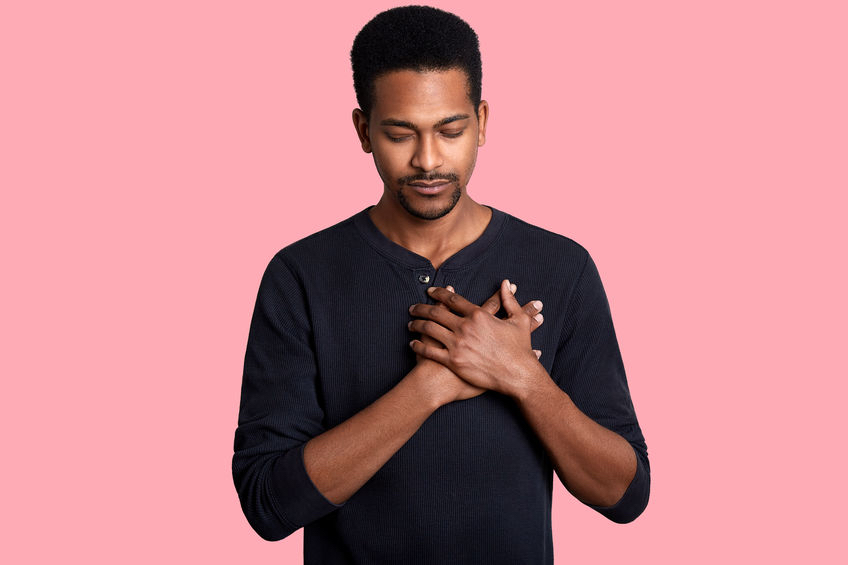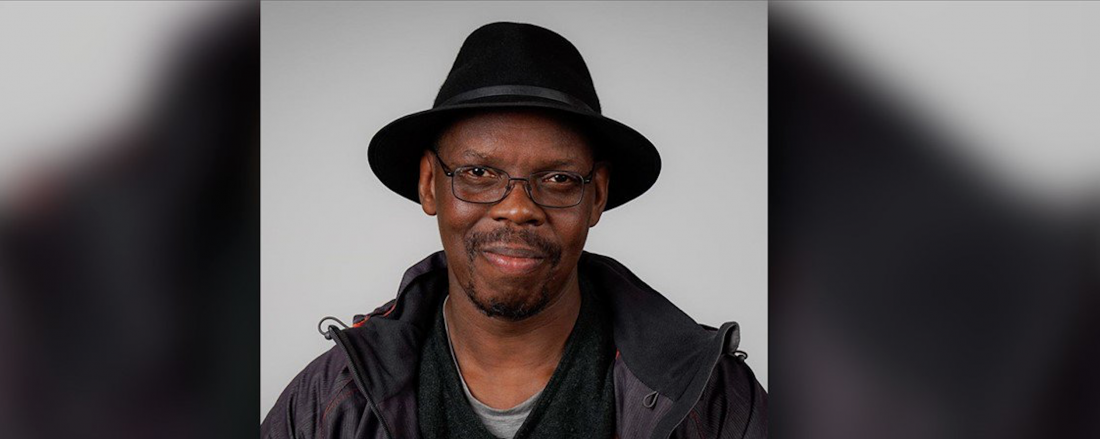When we talk about breast cancer, we rarely think about the men in our lives being at risk of the disease. The fact is that men get breast cancer too, but worryingly, too few of them know what the symptoms are or how to check for the disease.

While it’s true that in the list of men’s health issues, breast cancer rarely takes centre stage, more needs to be done to highlight this issue as around 390 men (compared to around 54,800 women) are diagnosed each year in the UK.
In the UK it is estimated that men have a one in 870 lifetime chance of getting breast cancer. Key risk factors include getting older (most breast cancers are diagnosed in men between the ages of 60 and 70), high oestrogen levels, and men who have female relatives with the disease, especially if the women are closely related (mother or sisters).
Lack of awareness is a big hurdle with many of us not making the link that men have a small amount of breast tissue behind their nipples where breast cancer can develop.
The most common symptom for men with breast cancer is a lump in the breast area, which is nearly always painless.
Cancer Research UK gives a number of other symptoms including:
- Oozing from the nipple (a discharge) that may be blood stained
- Swelling of the breast
- A sore (ulcer) in the skin of the breast
- A nipple that is pulled into the breast (called nipple retraction)
- Lumps under the arm
- A rash on or around the nipple.
“Lack of awareness is a big hurdle with many of us not making the link that men have a small amount of breast tissue behind their nipples where breast cancer can develop.”
It’s important that men carry out regular checks of their breasts, just like women. ITV’s Lorraine is currently running a Change and Check campaign to get everybody checking for signs of the disease. A recent segment on the show gave a very helpful tutorial on how men should check their breasts for symptoms of breast cancer.
It’s clear that we all need to do more to raise awareness of breast cancer in men. Good intentioned, and extremely successful female-facing breast cancer campaigns with their familiar pink colour theme could be part of the problem.
One charity is determined to do something about this. During Men’s Health Week (10-16 June), Breast Cancer Haven, a charity that usually supports women through their breast cancer treatment, is giving their website and social media channels a ‘male makeover’. The website will turn blue, the charity’s male service users will take centre stage and male breast cancer symptoms and statistics will be shared.
Breast Cancer Haven CEO, Sally Hall, said: “The aim with the ‘male makeover’ is to break down barriers for men accessing the charity’s support services. We want to highlight the incidence rates in men and move away from the familiar ‘pink’ breast cancer branding which can alienate men with the disease.”
Illustrating the harsh reality of the disease is Breast Cancer Haven visitor, Dr Olu Taiwo.

Dr Olu Taiwo never considered that, as a man, he could develop breast cancer. But, shortly after booking a check-up for a painless lump on his chest, he was diagnosed with the disease. The diagnosis came as a total shock. Dr Olu Taiwo leads a lifestyle that can only be described as remarkably healthy. Between being a husband, a dad and lecturing at the University of Winchester, Olu eats well and follows a strict exercise routine. For more than 30 years he led an active life, playing basketball, practising T’ai Chi Ch’uan, yoga and meditating on a regular basis.
Dr Olu Taiwo, explains: “My first thoughts after being diagnosed were about my wife and two children, this was certainly going to impact their lives. Once the doctors explained the treatment I would need – six courses of chemotherapy, a mastectomy and radiotherapy – I immediately got to work learning the science behind all of the drugs and procedures that were on offer. I was determined to take control of the situation so that I could make the right decisions for me and my family.”
After coping with the unpleasant side-effects of chemotherapy, mastectomy and radiotherapy, Olu visited Breast Cancer Haven for some additional support. He was given a free personalised programme of support which included reiki, nutritional therapy and acupuncture.
He said: “I can’t stress how amazing the staff were at Breast Cancer Haven. As a man, I felt really welcomed, understood and listened to, even though so few men experience breast cancer.”
Visit Breast Cancer Haven












